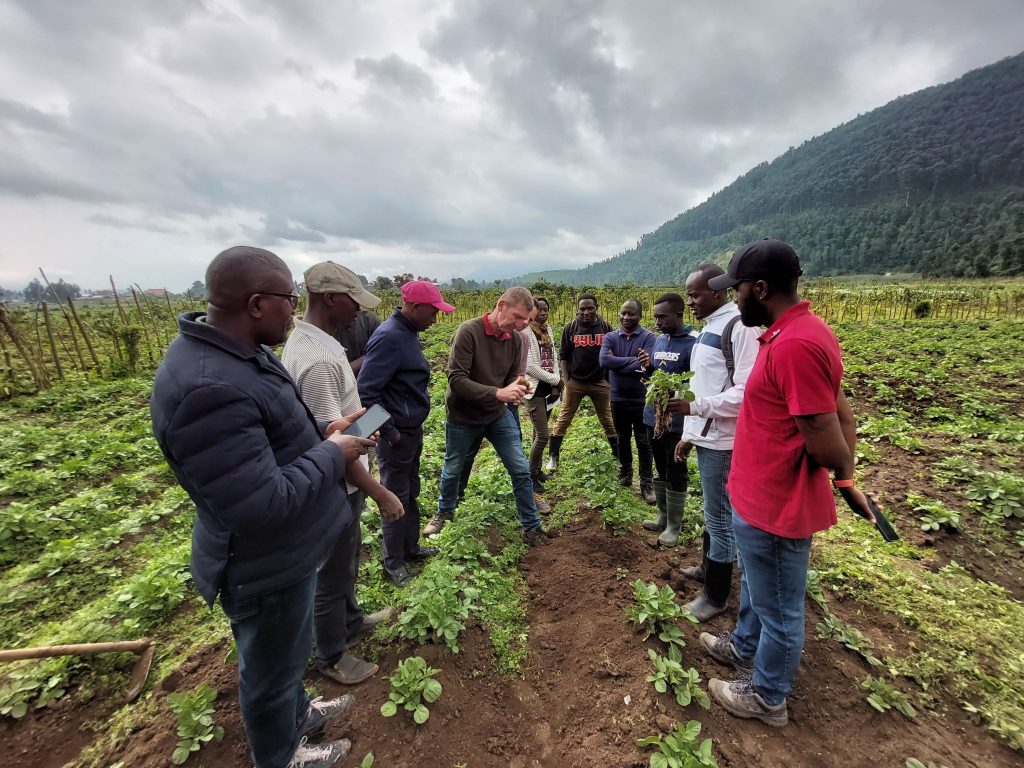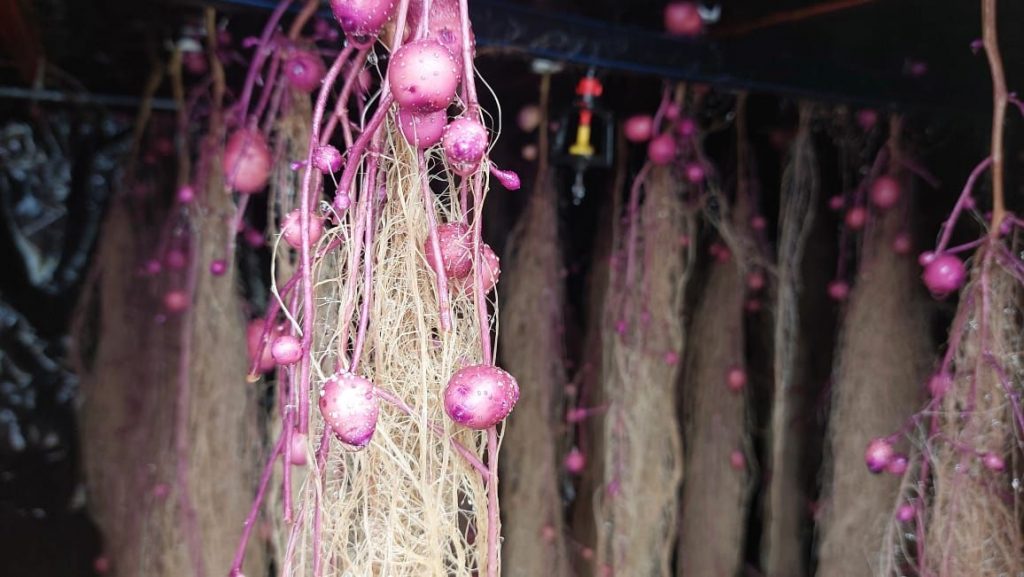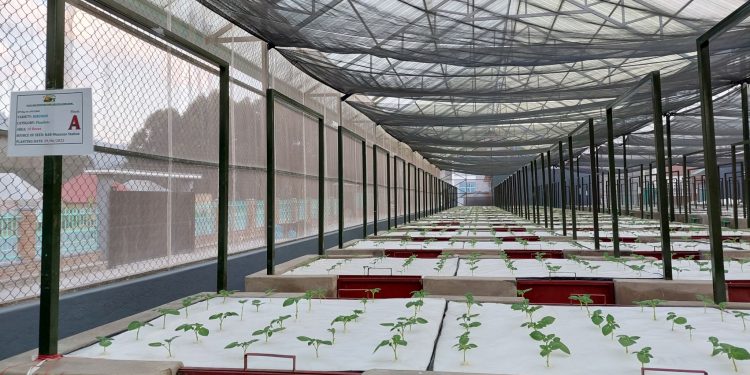Elevating Agricultural Standards and Sustainability through Strategic Partnerships
Delphy International is proud to highlight the successful conclusion of a transformative project aimed at revolutionizing Rwanda’s potato industry. Launched in 2019 and culminating in 2023, this initiative addressed critical inefficiencies in the potato value chain, with an initial focus on boosting baseline yields of ware and seed potatoes from 10 and 12 metric tons per hectare, respectively.
Goals and Partnerships
The project’s mission was to enhance both the seed and ware potato sectors for sustainable economic returns. This was achieved through collaboration with key partners such as SPF Joint Ventures, Stichting Agriterra, Hollanda Fairfoods, MoneyPhone, and Rwanda’s Ministry of Agriculture. Each partner played a vital role, from improving seed quality and storage solutions to providing financial services and regulatory support. The Rijksdienst voor Ondernemend Nederland (RVO) provided crucial funding and technical assistance, ensuring the initiative’s success.
Target Group and Special Focus on Women and Youth
The primary beneficiaries of this project were local potato farmers, whose productivity and profitability were significantly enhanced. Special emphasis was placed on empowering women and youth within the agricultural sector. Tailored training programs and access to resources were provided to address the specific barriers these groups face, promoting inclusivity and ensuring substantial benefits from the project’s advancements.

Successful Implementation
The project advanced Rwanda’s potato production through several key initiatives:
- Precision Agriculture: Adoption of advanced farming techniques to optimize resource use.
- Integrated Pest Management: Implementation of sustainable pest control methods.
- Climate-Smart Practices: Efficient irrigation and the use of drought-resistant crops to enhance resilience against climate variability.
- Outgrower Schemes: Linking farmers with markets and processors to ensure stable incomes.
These initiatives resulted in significant boosts to crop yields, improved farmer incomes, and greater resilience to climate variability.
Key Impact Pathways
- Seed Multiplication: Establishment of an aeroponic seed multiplication facility.
- Increased Yields: Lead farmers achieved yields of 26,594 kgs/ha.
- Knowledge Sharing: Over 54,000 participants engaged in field days and training sessions.
- Economic Growth: Lead farmers saw their profits increase five-fold.
Reach and Results
The project’s impact extended to thousands of farmers, enhancing agricultural practices and livelihoods. The inclusion of women and youth not only promoted gender equality and youth engagement but also contributed to the project’s sustainability and community impact. This initiative has established a robust model for future agricultural projects, demonstrating the potential for significant improvements in both productivity and profitability through strategic partnerships and targeted interventions.








